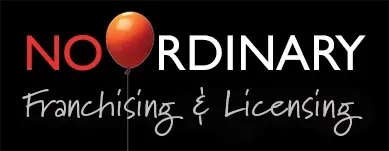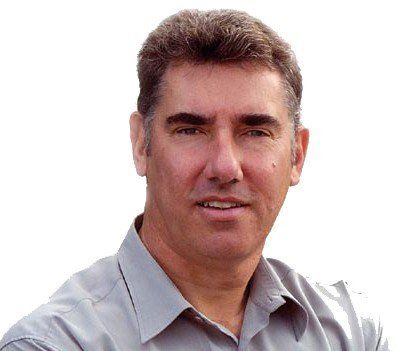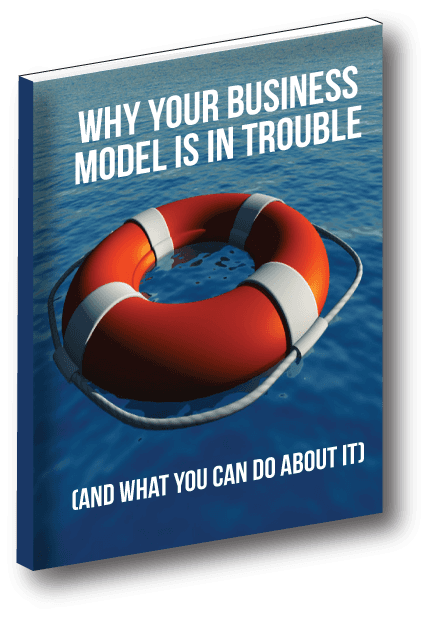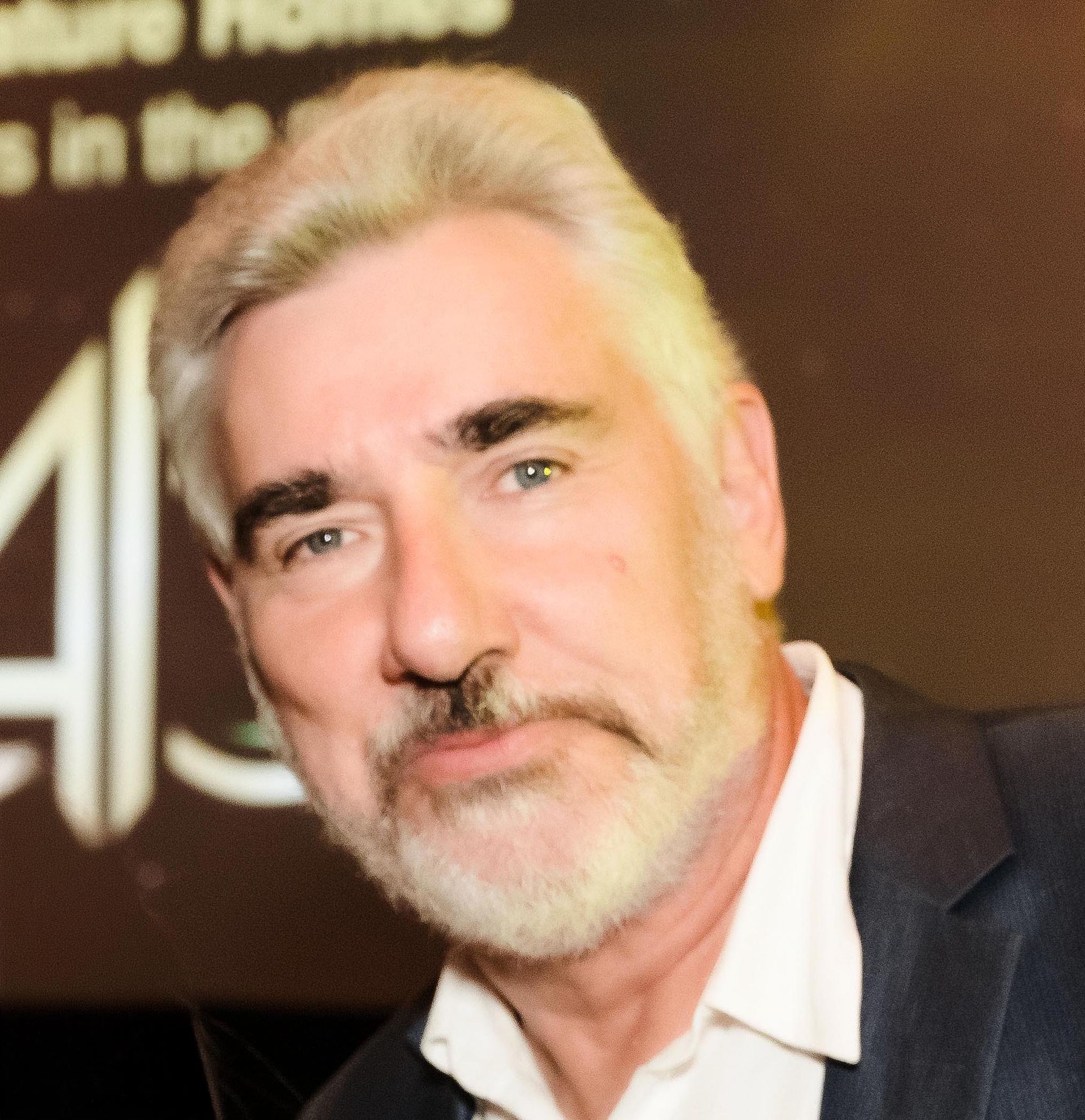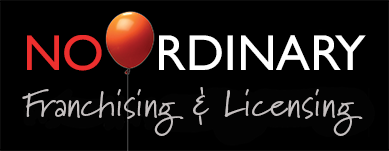If the founders of the four franchises in this study – The Coffee Guy, Hell Pizza, Sumo Salad and Ductz – deliberately designed their franchises for the express purpose of selling them for massive gain within a relatively short timeframe, they’re not letting on. But that’s what happened, and how they did it is an object lesson for all franchisors on optimising franchise value.
A franchise banker was telling me over coffee the other day that there are people out there who specialise in creating franchise systems tailored to the type of investment company that specialise in buying up promising franchises. When you think about it, these investment companies – I’m thinking RFG in Australia and Roark Capital in the US as examples – let the founder of the franchise take the risk and do the hard work of setting up and growing the franchise and then, when the franchise has some critical mass and the concept is proven, snap it up at a price that has yet to reflect the business’s full potential. It’s a win for the founder, who receives a handsome payout for all his or her hard work and often is retained in a management position with some equity remaining in the business. And it’s a win for the investment company because they can provide the capital and expertise needed to take the franchise to the next level. Beautiful.
I’m not sure that Warren Powell had this in mind when he convinced Hell Pizza founders Callum Davies and Stu McMullin that he could turn their four-store Wellington operation into a nationwide franchise chain, but I am pretty sure that it’s what drove US franchising legend John Rotche to set up DUCTZ and later HOODZ. Warren loved Hell’s out-there brand and the idea of going up, Richard Branson style, against the established players in the pizza industry. I don’t know John Rotche but I can’t imagine anyone getting too excited about creating the United States’ biggest air duct and commercial kitchen exhaust cleaning franchises unless he saw their potential in underserved niches and the opportunity to quickly on-sell to a major building services organisation. Which is exactly what he did.
It took Warren, Callum and Stu five years to build Hell Pizza up to around 50 stores and sell the New Zealand Master Franchise to Tasman Pacific Foods, the master franchisee for Burger King in New Zealand, for $15 million. It then took three years for Tasman to realise that there was just no fit between Hell’s culture and theirs, and sell the business back to Warren, Callum and Stu for $3.5 million. Ouch.
It took John Rotche five years, starting from a base in his daughter’s bedroom, to grow DUCTZ to 175 locations and sell it to Belfor, America’s largest property restoration company with which he later created the Belfor Franchise Group and became its president, and under two years to build HOODZ to over 140 locations.
In contrast, Sumo Salads took nine years and The Coffee Guy seven years to build their franchises to 100 and 55 franchises respectively, and then sell out, although we have to say that’s still pretty impressive. Even more impressive is the $4.8 million which the Retail Food Group (RFG) paid for The Coffee Guy, which we believe was a premium for a business selling coffee out of the back of 55 lorries – er, vans. Good work, Richard Karam, who will stay on with the company and lead the international expansion of the brand, including the introduction of the concept into the Australian marketplace. We don’t know what Tulla Group paid for 60% of Sumo Salads, but we do know that Tulla is owned by one of Australia’s wealthiest families and has ambitious growth plans, looking to triple the number of outlets in Australia.
What do these stories tell us about what buyers are looking for in a franchise acquisition?
1. Market/niche leadership position
All four franchises had established leadership positions in market niches which were previously fragmented and not dominated by any other large players.
2. Growth industries
Set up in response to a lack of healthy fast meal options in Australia, Sumo is part of a burgeoning industry which includes kebabs, wraps and a host of others and which has forced even fast food giants such as McDonalds to provide healthier alternatives. The Coffee Guy expanded the coffee category by providing a mobile alternative to travelling to a coffee shop, and Hell expanded the pizza category by providing an alternative to the blandness of both pizza and branding in New Zealand pizza chains. DUCTZ/HOODZ were set up at least in part due to tighter food preparation regulations which expanded their markets.
3. Repeat business
Regulations meant that ducts and exhausts had to be cleaned on a periodic basis, which meant that if DUCTZ/HOODZ franchisees did a good job, they were assured of repeat business, which is something the other three franchises also benefited from.
4. Organisational culture
The title of the book The Advantage: Why Organizational Health Trumps Everything Else In Business
says it all, and by creating an enthusiastic, cohesive culture within their organisations, all four franchises created a clear distinction for themselves and made it more difficult for competitors to enter the marketplace.
5. The late early part or middle of the franchise life cycle
The four franchises were still in growth mode when they were purchased, and the buyers clearly saw opportunities to add their own value, generally in the form of additional capital, expertise or resources which would not otherwise have been available to the franchises’ founders, to extend the life cycle of an already successful concept.
6. Founders’ willingness to stay on in the business after the sale
Of the four franchises, only the new owners of Hell Pizza failed to keep the founders on in some role within the business – to their clear detriment.
7. Complement for an existing franchise portfolio and leverage into
other product/business opportunities
The buyers of the four franchises all saw their purchases as a way to complement and expand their existing portfolios – Tulla, RFG and Tasman in their casual dining segments, and Belfor in the property services market.
My name is Robin La Pere of No Ordinary Consultants and I have worked in the business and franchising world for more than 20 years.
As a business unit director, CEO and business and franchise owner, I have added value to many businesses over that time, and I would welcome the opportunity to talk with you about how I could help you build your business for substantial gain.
Need to futureproof your business?
I offer these services to help you manage disruption, prevent stalling and promote innovation in your business:
- Threat and opportunity evaluation
- Business model generation
- Strategy planning
- Key business driver analysis and development
- Conference and seminar presentations
- Innovation workshop facilitation
- Business improvement
- Business re-engineering
- Systems and technology development
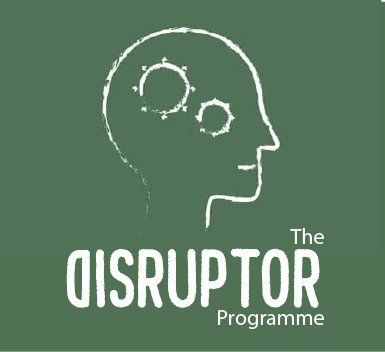
Are you facing new or greater competition? Is your industry being disrupted? Is your business growth in danger of stalling?
The best way to predict the future is to create the future. In today’s fast-changing world, it’s disrupt or be disrupted. The good news is that small to medium sized businesses can be more innovative and agile than large corporations. The Disruptor Programme has been developed specifically to help SME leaders to:
- empower them with the thinking and practical skills to face change and lead a more agile and innovative business
- gain insights in how their customers see value and where opportunities exist to take advantage of this
- examine the company’s competencies and culture in order to identify opportunities to improve and innovate
To arrange a free personal Initial Consultation with me on how The Disruptor Programme can help you to futureproof your company, contact me now on +64 9 360 6063 or Skype Noordinary1262 or send me your email address and I will get back to you within 24 hours.
